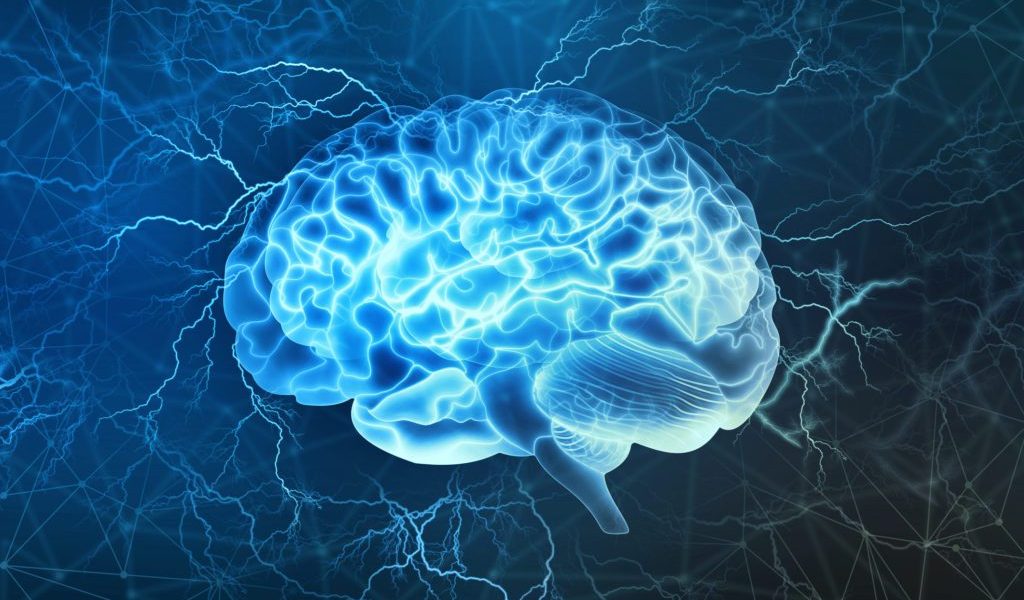Stages of Alzheimer's Disease

This simplified guide outlines the typical stages of Alzheimer’s:
-
Early Stages (1 & 2): Often undetectable, changes in the brain may be happening silently.
-
Mild Decline (Stage 3): Memory lapses and difficulty planning become more noticeable. Support can involve helping with daily tasks and managing finances.
-
Moderate Decline (Stage 4): Confusion and difficulty with self-care increase. Safety measures become crucial, such as restricting driving and financial access.
-
Moderately Severe Decline (Stage 5): Disorientation and memory loss worsen. Assistance with dressing and maintaining a safe environment is essential.
-
Severe Decline (Stage 6): Difficulty recognizing loved ones and delusions may occur. Care focuses on emotional connection and comfort measures.
-
Very Severe Decline (Stage 7): Basic skills like eating and walking require complete assistance. Caregivers are essential to ensure comfort and well-being.
Remember:
The progression of Alzheimer’s varies. This guide serves as a framework to help you navigate the journey and make informed decisions about care.
Taking Action:
- Early intervention is key. Talk to your doctor about any concerns regarding memory changes in your loved one.
- Seek support groups and resources. Several organizations offer guidance and assistance for families dealing with Alzheimer’s.
- Plan for the future. Discuss care options and financial considerations with your loved one while they are still able to participate in the decision-making process.
By understanding the stages and taking proactive steps, you can better support your loved one living with Alzheimer’s and ensure their well-being throughout their journey.
Remember, you are not alone in this journey. By working with NeuroCogniAI healthcare team and staying informed, you can navigate the challenges of Alzheimer’s with knowledge, compassion, and a focus on living well

